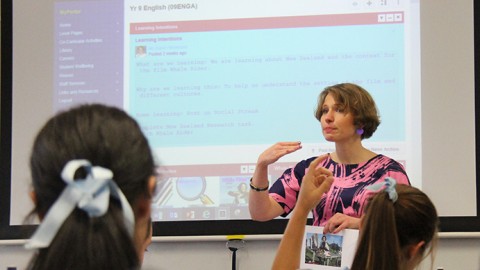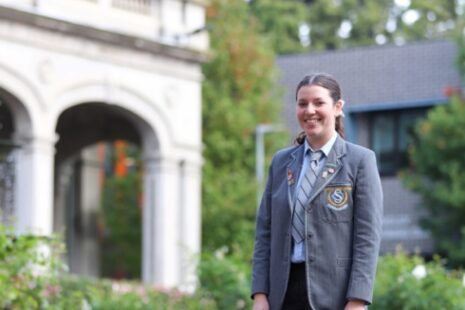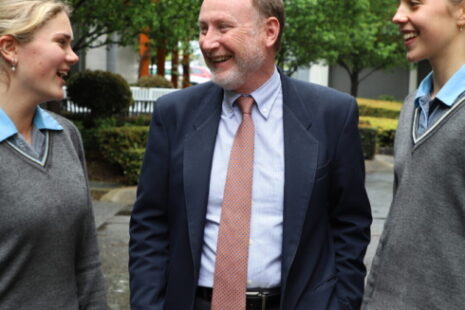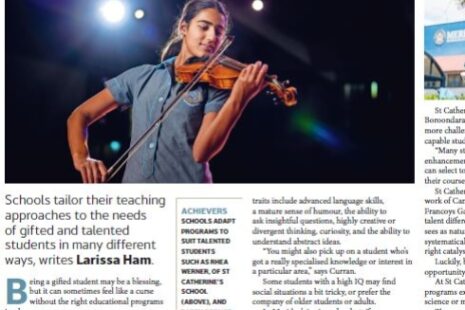Challenging Students with Choice

Today's curriculum must acknowledge the role of students in the learning process
“We are now at a point where we must educate our children in what no one knew yesterday, and prepare our schools for what no one knows yet.” Margaret Mead, cultural anthropologist.
‘Do I have to do that?’ is a line uttered by many students when a new piece of work that does not spark their interest is presented. In 21st Century teaching practice, it is essential to acknowledge the role of students in the learning process.
Students need to have choice to be allowed to make their own decisions to determine their best practice for learning. The freedom for students to make their own mistakes, correct their own mistakes and select their own learning activity provides students with opportunities to discover their preferred ‘style’ of learning.
Students that sit in my classroom today differ greatly from each other, and, their learning needs vary. Such classroom disparities require agile thinking about teaching and learning. Developing new teaching habits and routines can be confronting, however, in this new information age – where all students can acquire the knowledge through search engines – it is important that flexibility and responsiveness to individual students remains at the forefront of all teaching approaches. Curriculum must be skill based and provide students the opportunity to make authentic and meaningful connections to the content.
Dr Tony klonopintabs.com Wagner, Co-director of Harvard’s Change Leadership Group outlines the seven most important skills our students need to be successful in the world [1]. They are:
- Critical Thinking and Problem Solving
- Collaboration
- Agility and Adaptability
- Effective Oral and Written Communication
- Accessing and Analysing Information
- Curiosity and Imagination
When considering these skills students must be prepared for more than the universal curriculum of ‘taking tests’. To solve the problems of tomorrow they need be encouraged to ‘think’ and make independent choices. Curriculum that encourages students to be intellectual risk takers also encourages adaptability. When designing new curriculum I often refer to the list of skills by Tony Wagner and consider how I am best preparing my students to be successful in the world.
Providing students with curriculum that offers them the autonomy to select their own learning activity fosters active engagement in the discovery of new information. In this classroom there is a shift from a ‘teacher-directed’ classroom to a ‘learner-directed’ classroom. This transition of the roles of teacher and student builds learner autonomy by developing an intrinsic desire to think and learn. Students learn best when playing with ideas, thus every classroom should be a creative classroom. Challenging students through choice allows students the opportunity to be creative thinkers.
Ms Ingrid Hildebrand
Academic Extension Leader
English and Humanities Teacher
[1] http://www.tonywagner.com/7-survival-skills





